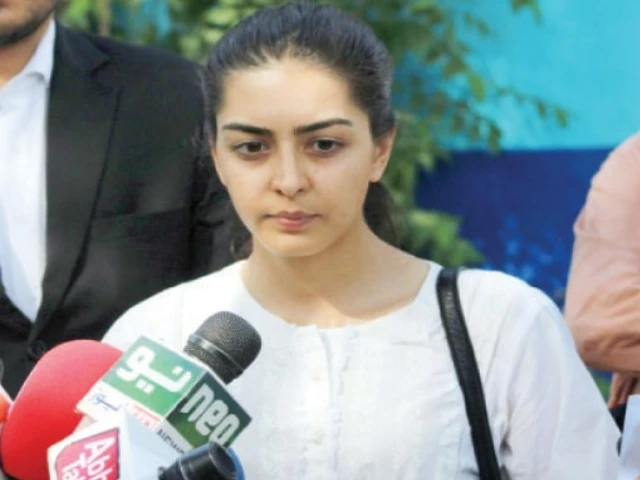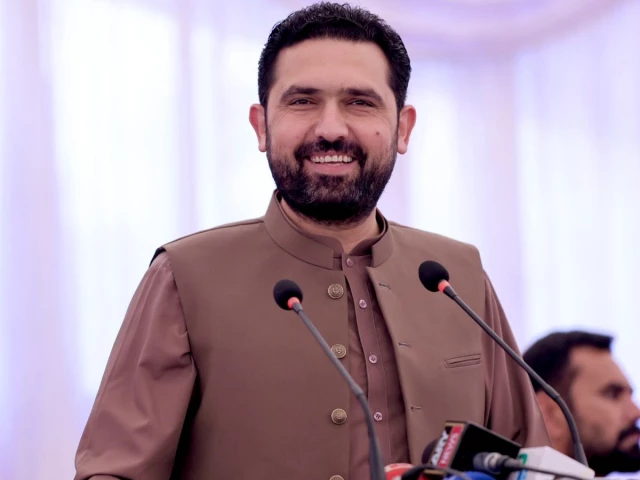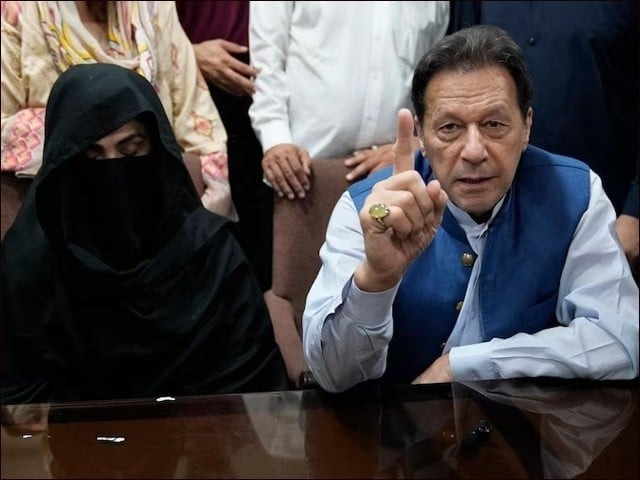The Ongoing Legal Battle: Imaan Mazari vs. Chief Justice Dogar
In a significant turn of events in Pakistan’s legal landscape, lawyer Imaan Mazari has taken a stand against alleged workplace harassment by Chief Justice Sardar Sarfraz Dogar of the Islamabad High Court. This unfolding situation, rooted in her grievance about inaction on her previous complaint, raises serious questions about the treatment of women within the legal community and the mechanisms in place to protect them.
Mazari filed her grievance letter with Justice Inaam Ameen Minhas, the designated authority under the Protection against Harassment of Women at the Workplace Act, 2010. She expressed her frustration over the absence of updates regarding her case, emphasizing that the law obligates the accused to be informed within three days, with a required response within seven. Unfortunately, it seems these timelines were not respected, which adds another layer of complexity to her situation.
In her letter, Mazari pointed out a troubling aspect of her case: the sudden replacement of Justice Saman Rafat Imtiaz, the judge who initially acknowledged her complaint. She argued this change was unlawful, suggesting that the Chief Justice manipulated the system to escape accountability. Such claims question the integrity of the judicial process and highlight the challenge many women face when seeking justice.
Mazari also alleges that Dogar is engaging in "continuing acts of reprisal" against her. For instance, during a hearing related to her client Dr. Mahrang Baloch, it’s reported that Mazari’s request for a transfer was denied by Dogar, demonstrating a troubling dynamic where her professional obligations are entangled with her personal grievances against her alleged harasser.
The backdrop of the conflict is equally revealing. The tensions escalated on September 11 during a heated court hearing. Dogar’s reprimands to Mazari were laden with undertones of intimidation, further complicating the legal landscape for female lawyers in Pakistan. Mazari maintains she was acting solely in her professional capacity, a fact that should not render her vulnerable.
As the situation continues to develop, Mazari has sought preservation of CCTV footage to bolster her case. She filed requests for this evidence, indicating the seriousness with which she approaches her allegations. In response, the legal community has rallied around her, with various bar associations expressing their support and demanding accountability from Dogar.
This confrontation is more than just a personal dispute; it serves as a reflection of the systemic issues regarding gender dynamics within Pakistan’s judicial system. Mazari’s resilience could pave the way for more robust protections against harassment and a fairer treatment of women in the legal field.
As this case unfolds, it offers a crucial insight into the current state of women’s rights and authority in Pakistan’s judiciary. The outcome could potentially serve as a landmark moment in addressing gender-based grievances within legal frameworks.
For those following this case closely or seeking to engage with other matters concerning legal rights and workplace safety, consider connecting with resources like Pro21st. They provide valuable insights and support aimed at promoting equitable environments in various sectors.
At Pro21st, we believe in sharing updates that matter.
Stay connected for more real conversations, fresh insights, and 21st-century perspectives.





